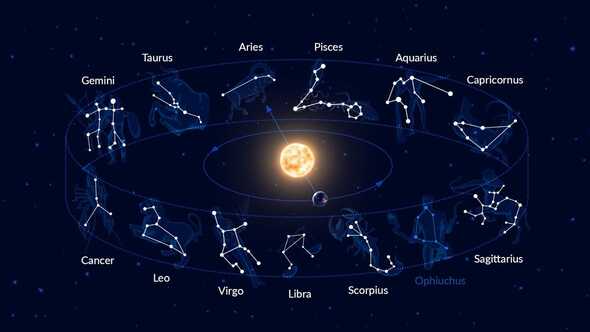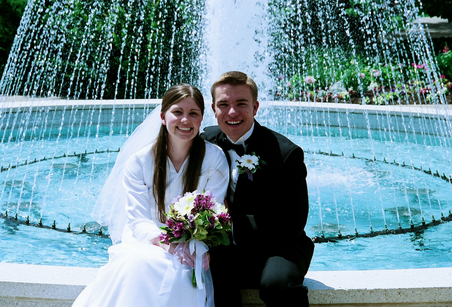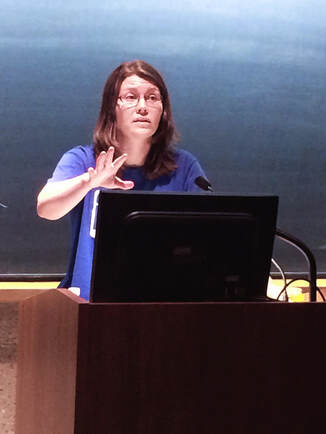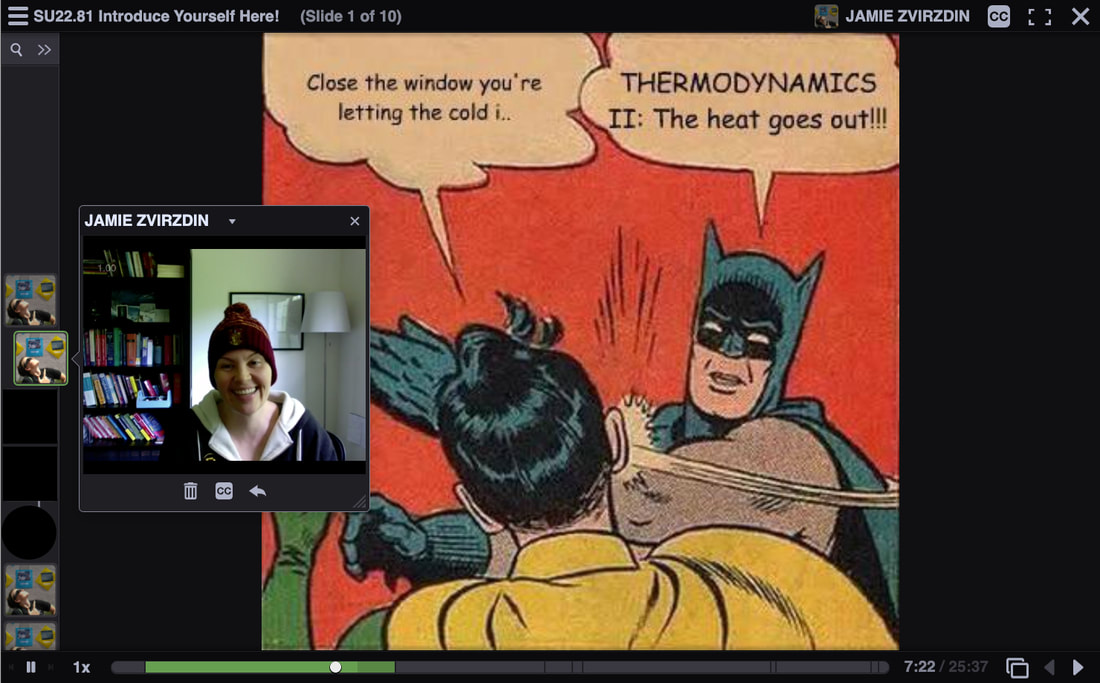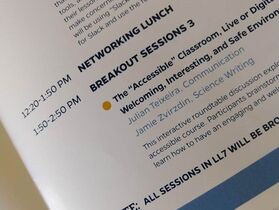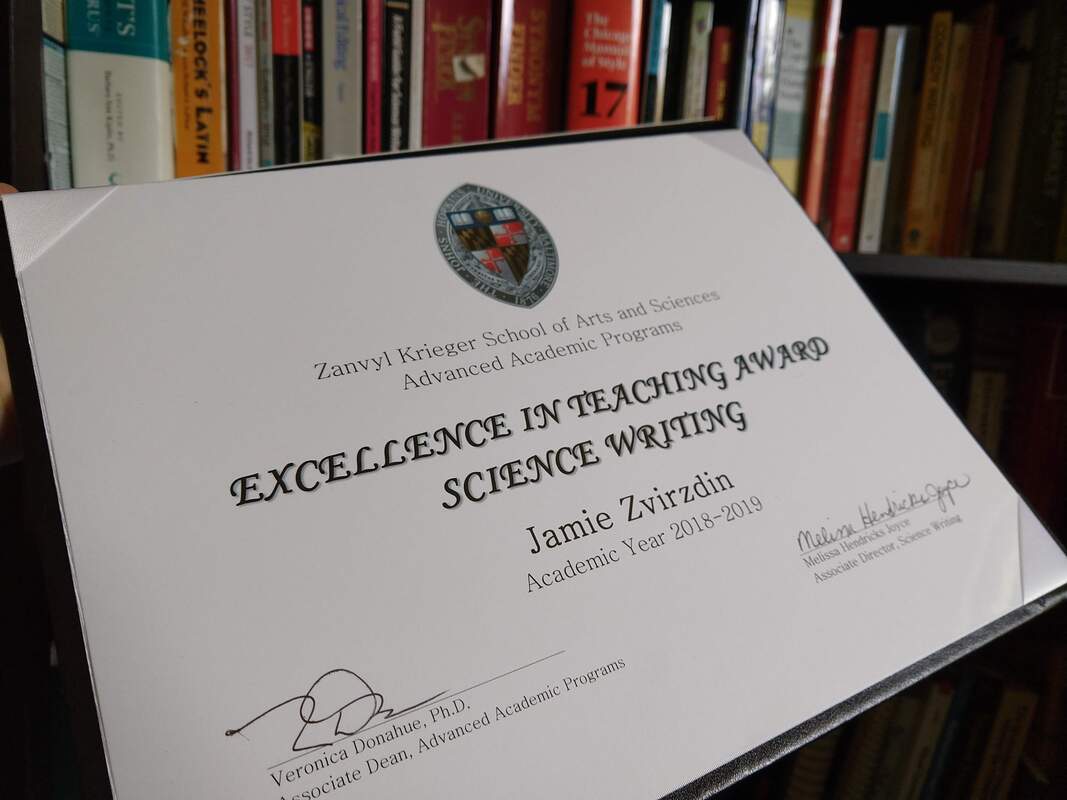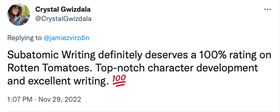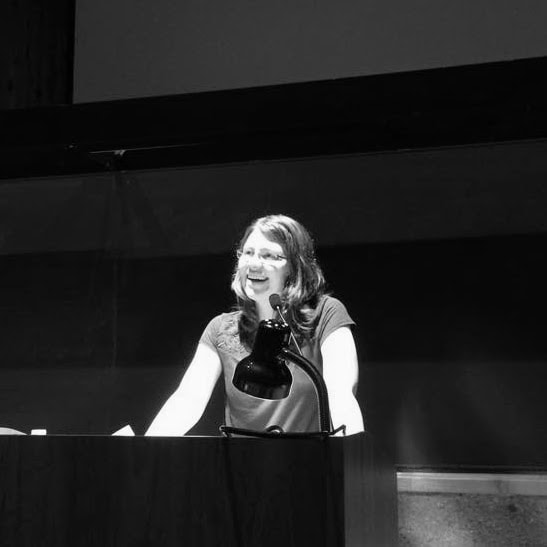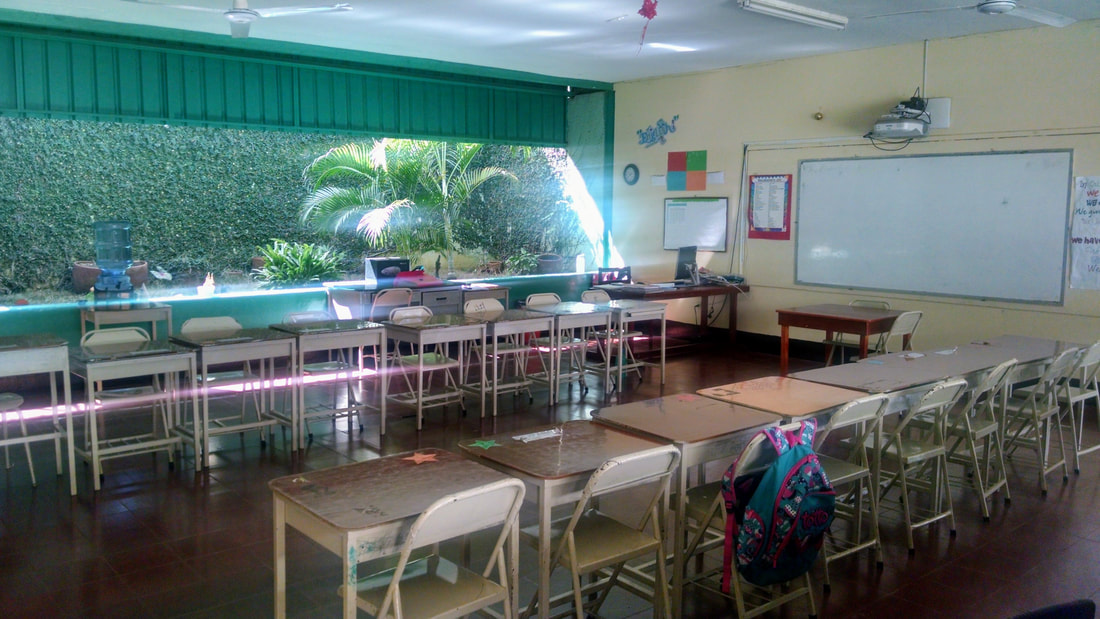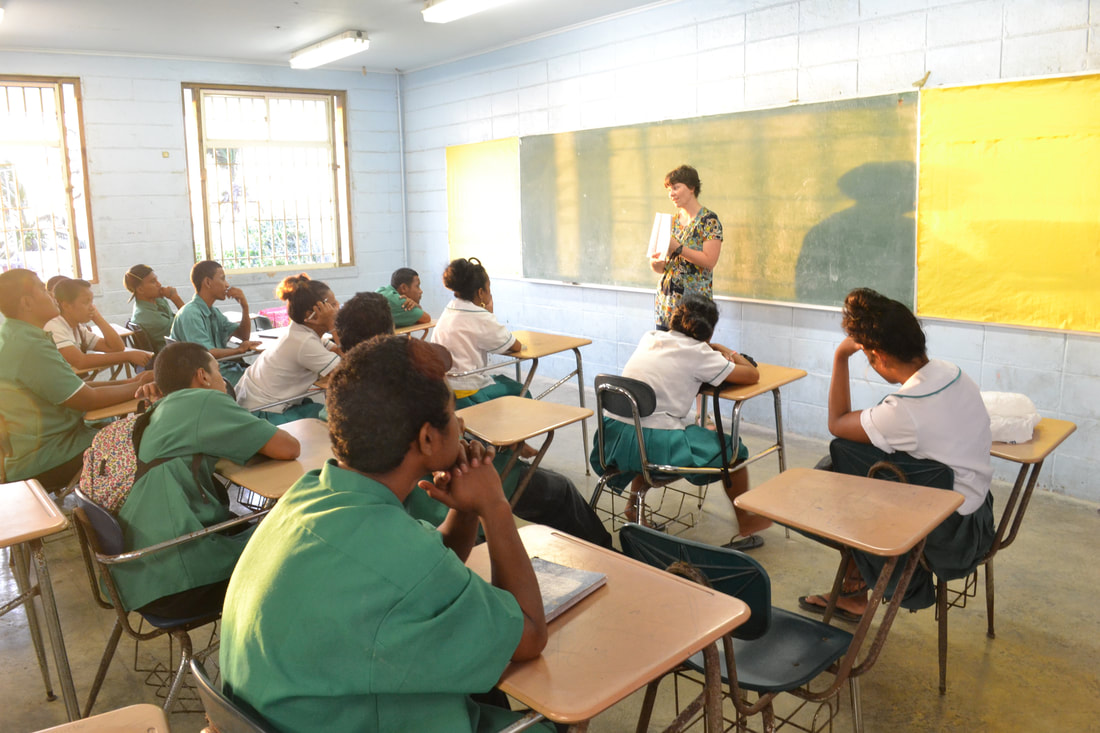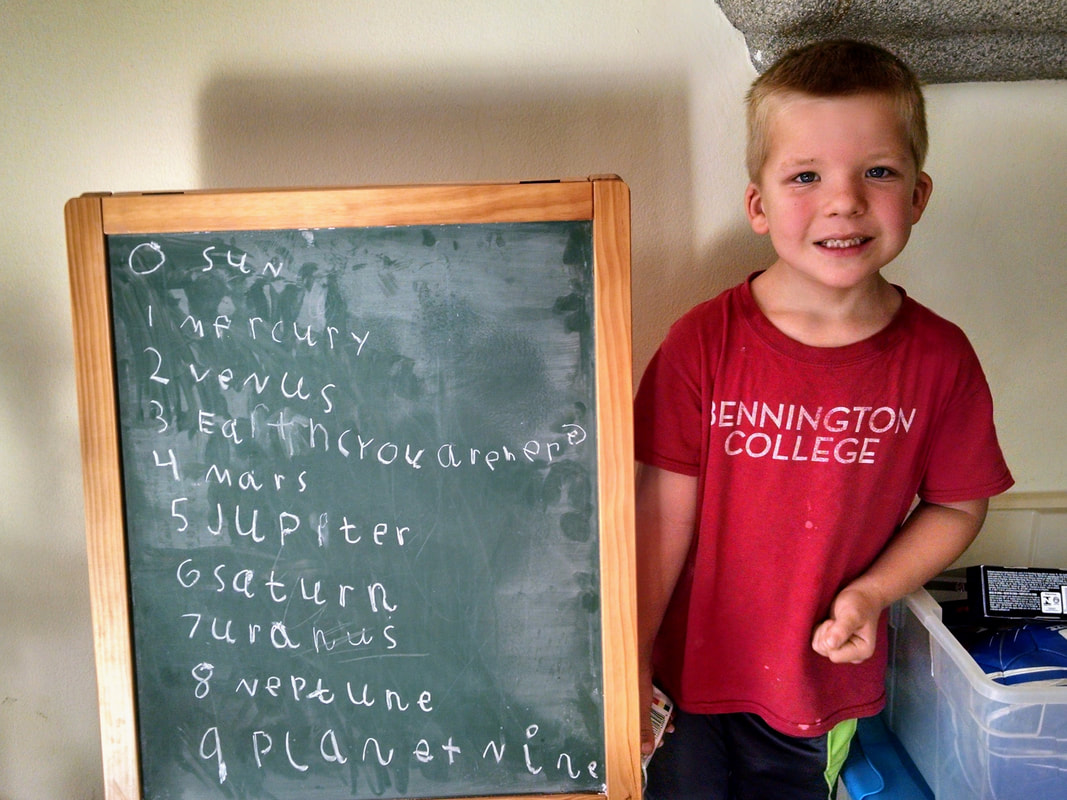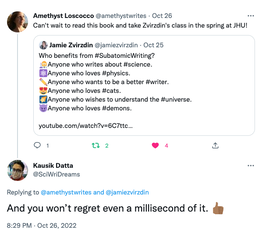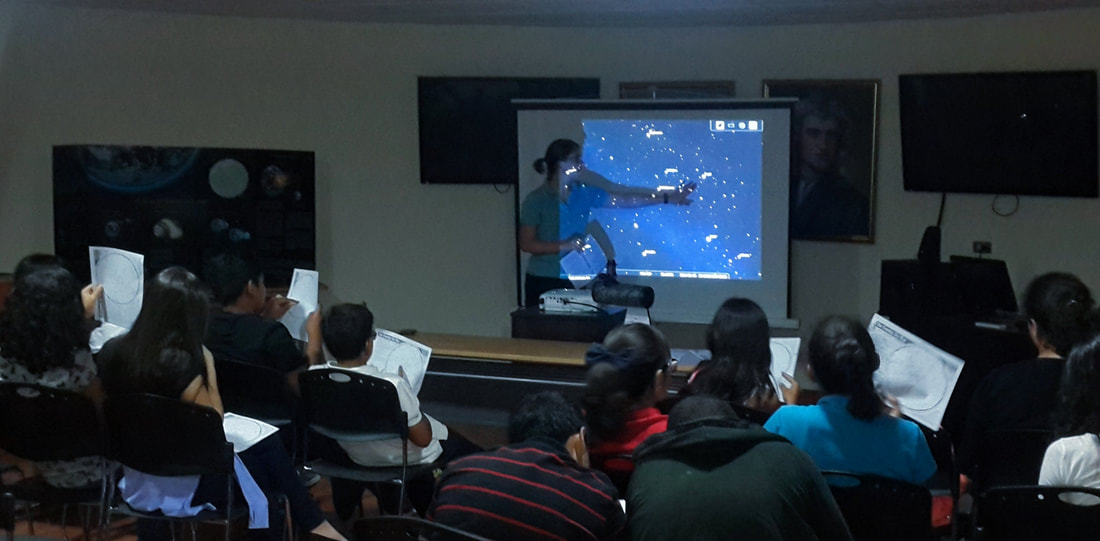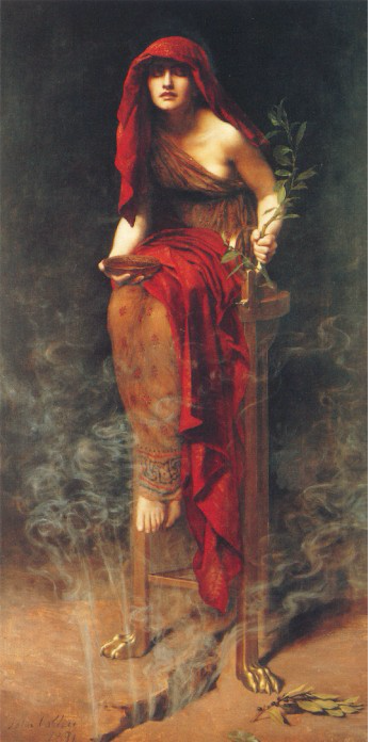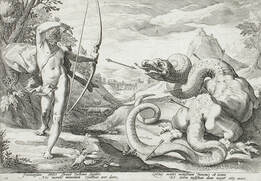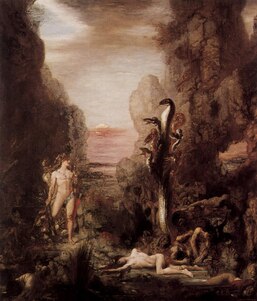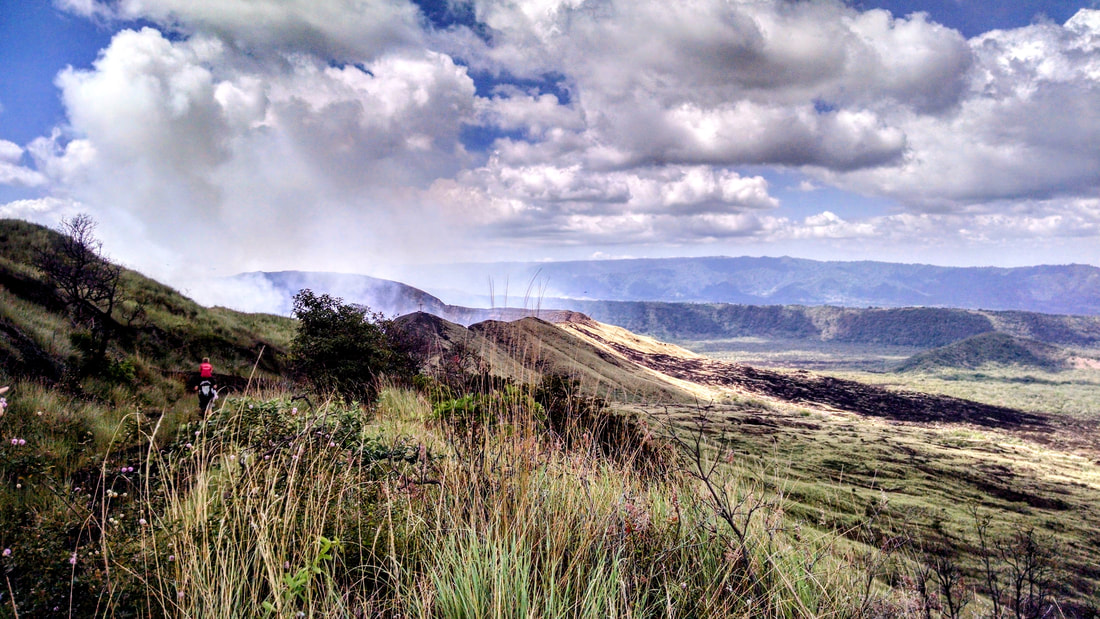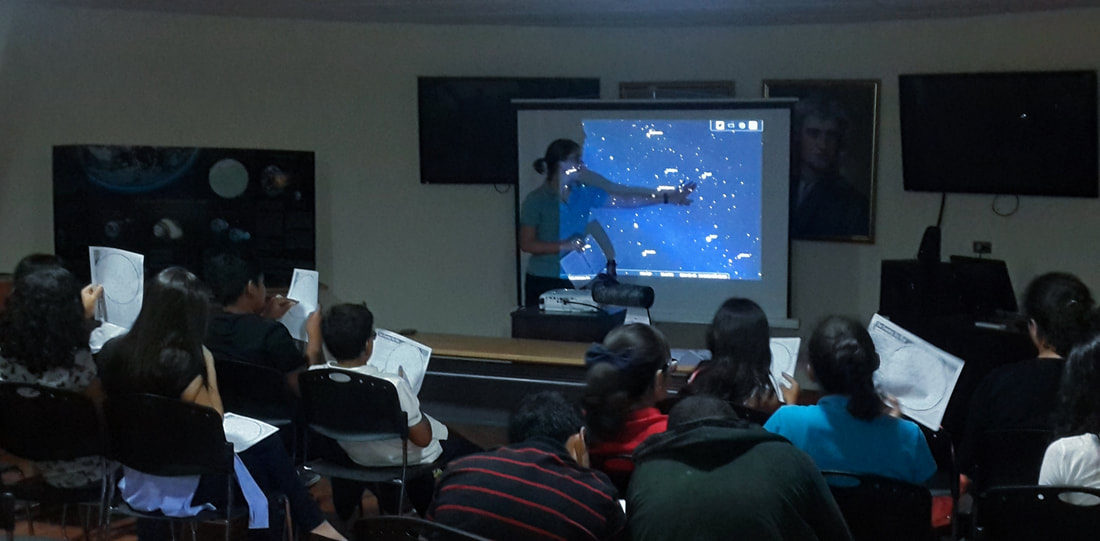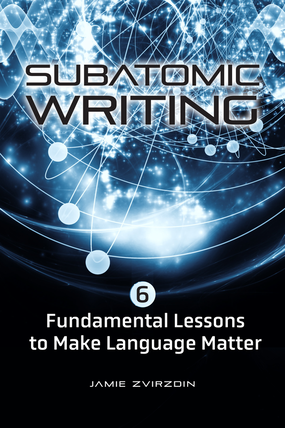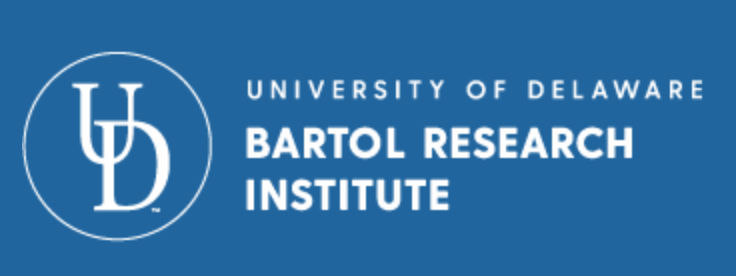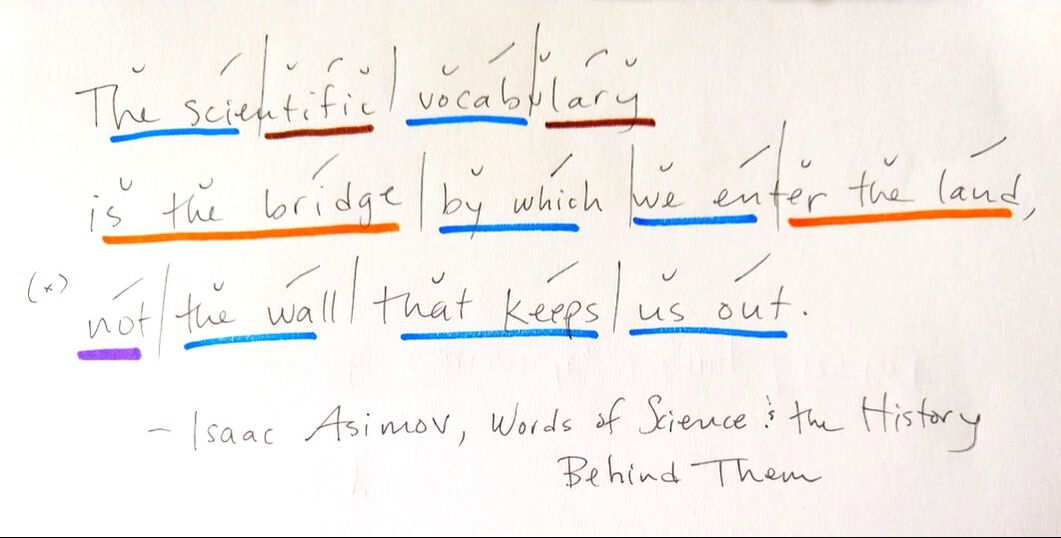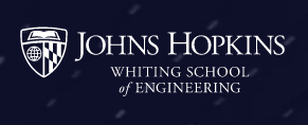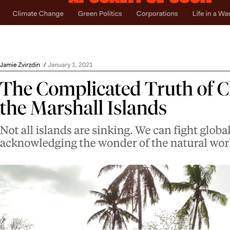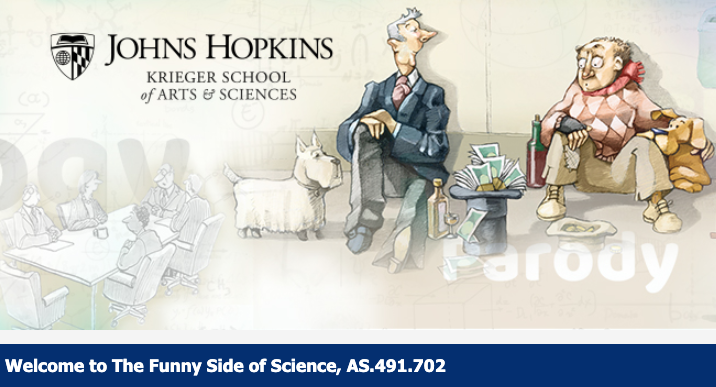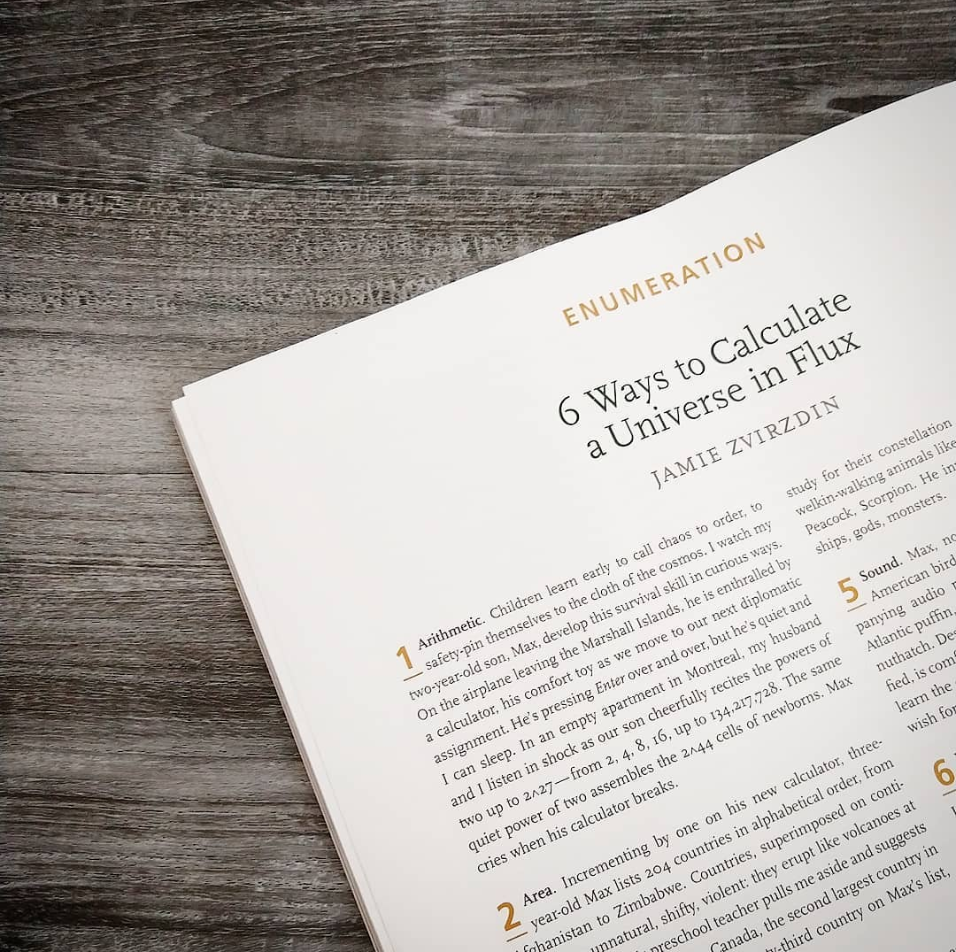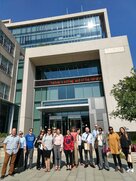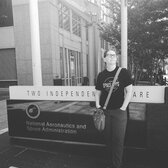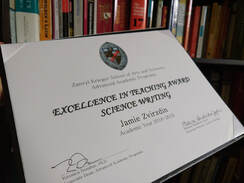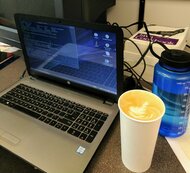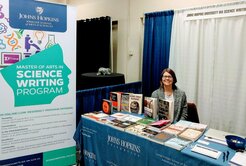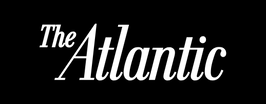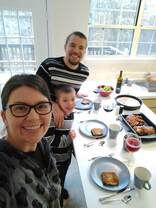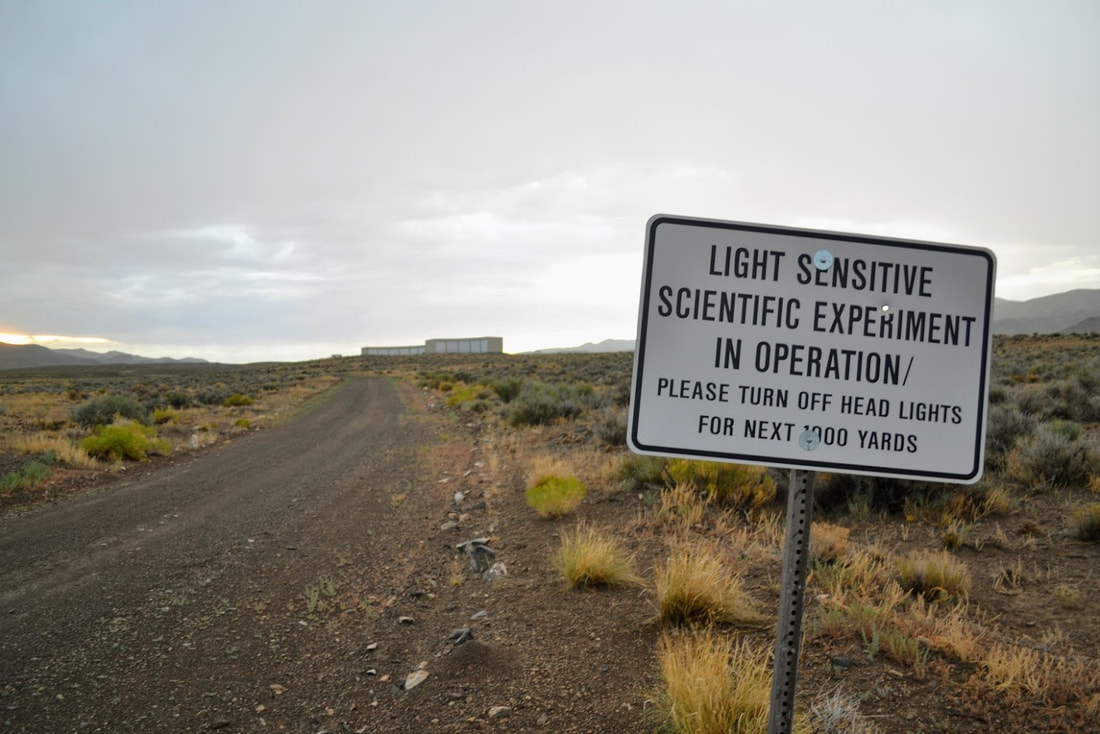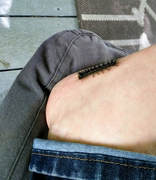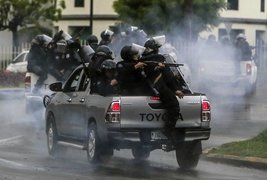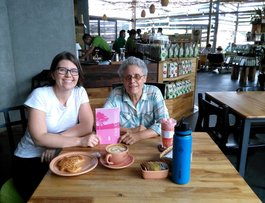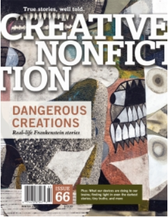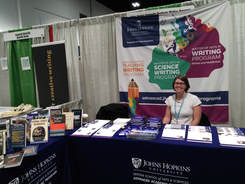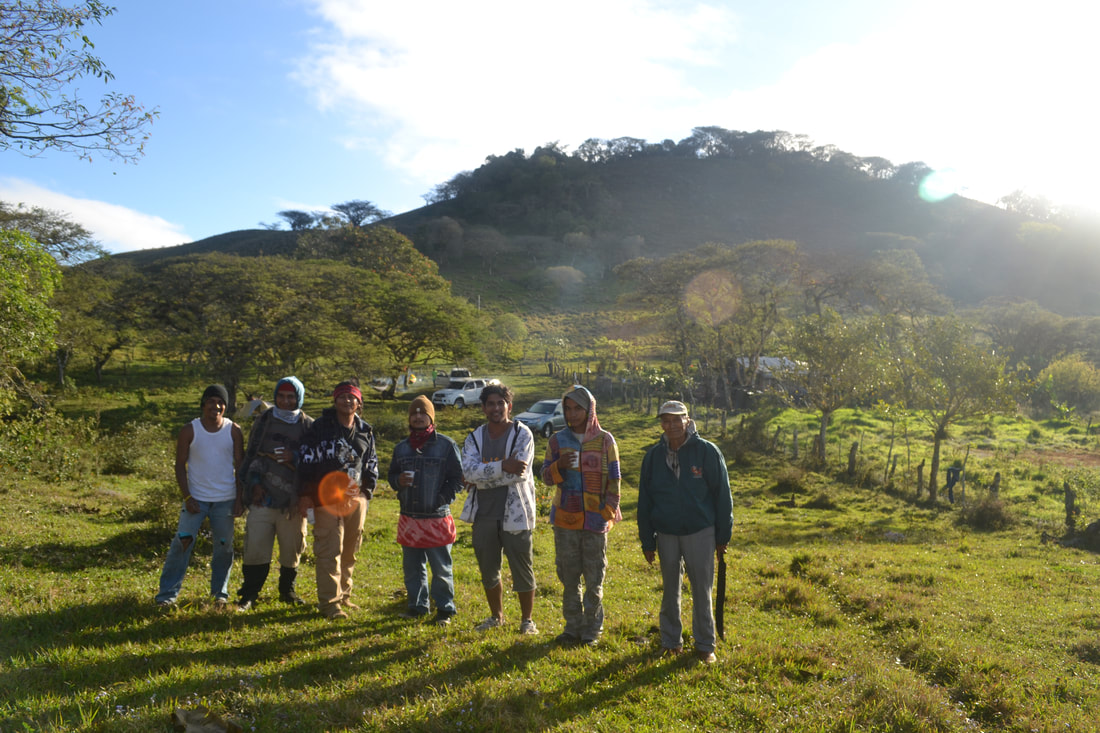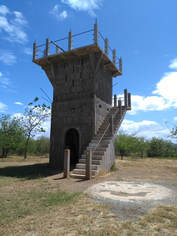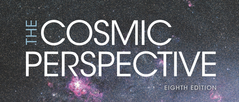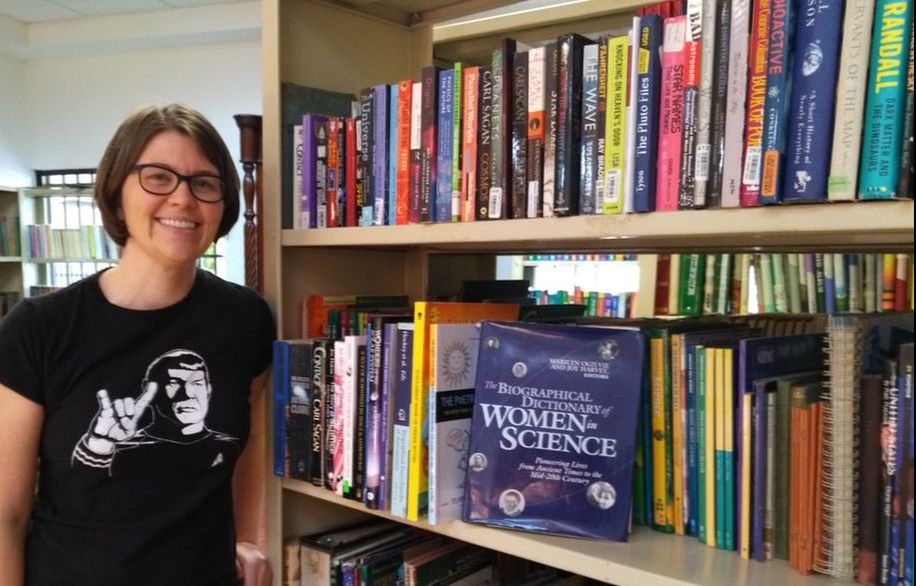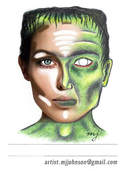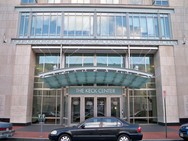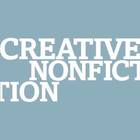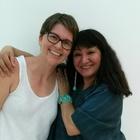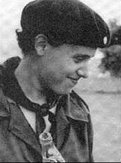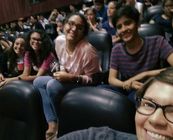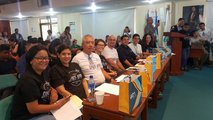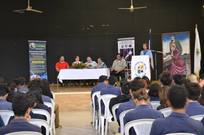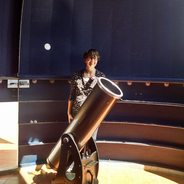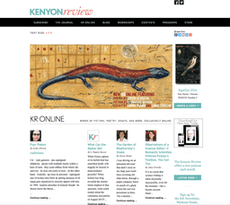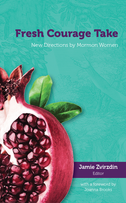New News (Keep Scrolling for Bio and Old News)
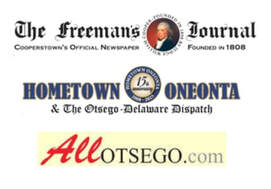
1/31/24 First Citizen Science column of 2024 is live! Support local journalism and get energy this year!
Energy Demystified: A Year of Studying Energy
https://www.allotsego.com/citizen-science-energy-demystified-a-year-of-studying-energy/
Energy Demystified: A Year of Studying Energy
https://www.allotsego.com/citizen-science-energy-demystified-a-year-of-studying-energy/
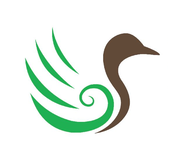
1/21/24 to 1/28/24 Thanks to the 50+ attendees of the DCSWA Professional Development Boot Camp 2024! I'm so pleased with all you accomplished.
If you missed the chance to attend our workshops on publishing, write a new piece (any genre), binge-skim Subatomic Writing: Six Fundamental Ways to Make Language Matter from JHU Press, and network with other science writers in your field of interest, contact me and I'll make sure to email you the link to the next event.
If you missed the chance to attend our workshops on publishing, write a new piece (any genre), binge-skim Subatomic Writing: Six Fundamental Ways to Make Language Matter from JHU Press, and network with other science writers in your field of interest, contact me and I'll make sure to email you the link to the next event.
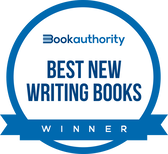
8/2023 Book Authority (used by CNN, Forbes, etc.) named Subatomic Writing one of the 20 Best Writing Books of 2023 and, separately, one of the 7 Best Writing eBooks of 2023.
Old news at the end of this page!
A Regular Bio
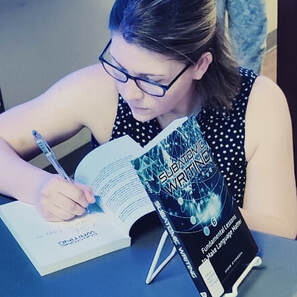
Jamie Zvirzdin is a scientist, science writer, and writer. She researches cosmic rays for the Telescope Array Project at the University of Utah and will soon finish her master's degree in Applied Physics with the Whiting School of Engineering at JHU. She is the author of Subatomic Writing: Six Fundamental Lessons to Make Language Matter from Johns Hopkins University Press, which earned praise from NPR, NASA, MIT, Argonne National Laboratory, Grammar Girl, Brevity Magazine, Dava Sobel, Mary Roach, and others. Her newspaper column, Citizen Science, is published monthly in The Freeman's Journal of Cooperstown, New York, and Hometown Oneonta, which you can find online at AllOtsego.com. Her personal essays have been published in The Atlantic, Kenyon Review, Orion Magazine, Brevity Magazine, Issues in Science & Technology, Creative Nonfiction Magazine, and elsewhere. Most of her essays can be read online for free (links under Publications).
Previously, Zvirzdin taught science writing for six years in the MA Science Writing Program at Johns Hopkins University, creating two new courses—Subatomic Writing and Funny Side of Science. She earned the 2019 Excellence in Teaching Award and the 2023 Distinguished Professional Achievement Award from Johns Hopkins. Before that, she was a science editor for a decade, acting as managing editor for the Brussels-based NGO Atomium Culture and as a proofreader of graduate textbooks on engineering, computer programming, optics, mathematics, statistics, and astrophysics for CRC Press (now Routledge), a member of the Taylor & Francis Group. She earned a Master of Fine Arts in Writing & Literature from Bennington College in 2015.
From 2016 to 2018, Zvirzdin taught astronomy at the Pierre and Marie Curie School and the American University of Managua in Nicaragua. She has lived in Utah, Toronto, Italy, Belgium, New York, DC, the Marshall Islands, Montreal, and Nicaragua as part of a Foreign Service family. She currently lives in Frankfurt, Germany, with her husband, son, cat, and dog.
Previously, Zvirzdin taught science writing for six years in the MA Science Writing Program at Johns Hopkins University, creating two new courses—Subatomic Writing and Funny Side of Science. She earned the 2019 Excellence in Teaching Award and the 2023 Distinguished Professional Achievement Award from Johns Hopkins. Before that, she was a science editor for a decade, acting as managing editor for the Brussels-based NGO Atomium Culture and as a proofreader of graduate textbooks on engineering, computer programming, optics, mathematics, statistics, and astrophysics for CRC Press (now Routledge), a member of the Taylor & Francis Group. She earned a Master of Fine Arts in Writing & Literature from Bennington College in 2015.
From 2016 to 2018, Zvirzdin taught astronomy at the Pierre and Marie Curie School and the American University of Managua in Nicaragua. She has lived in Utah, Toronto, Italy, Belgium, New York, DC, the Marshall Islands, Montreal, and Nicaragua as part of a Foreign Service family. She currently lives in Frankfurt, Germany, with her husband, son, cat, and dog.
The Real Bio: A Photo Essay
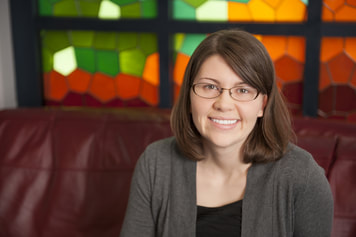
When he was twelve, my son described me as "a gently simmering volcano: powerful yet beautiful in her own way. Also fiery." Unlike Masaya Volcano in Nicaragua, however, I do not, I hope, attract those who murder virgins/political enemies or give off so much hydrogen sulfide that it poisons your voice and eyesight. But I do glow best at night: I'm not a morning person, even after six weeks of going to the gym every day at 5 a.m. Twenty-one days to form a new habit, my volcanic ash.
If I had to describe myself in one (grammatically correct but punctuation-cheating, syntax-sneaky) sentence, it would be this one:
Coffee in a large mug brings me deep daily joy; the more I study the math and physics of our (miraculous vast curved old dark Big-Banged energy-filled purpose-silent) universe, the happier I am; I own every book written by Mary Roach; MacGyver's mullet is my spirit animal; higher education is plagued with boring textbooks and poorly paid adjunct professors, and this will come back to bite us if we don't change; I belong to the A+ lending team on Kiva.org, a smart nonprofit group; there is stability in accepting instability, order in chaos; I don't believe I'm an INTJ in the Myers–Briggs system, but I'm told that's exactly what an INTJ would say; my zodiac sign is the exasperated look of astronomy teachers everywhere when they try their best to explain that all horoscopes (except these ones from Weird Al) are GARBAGE and that the thirteen incredibly arbitrary Western constellations currently populating the zodiac belt in our current sky do NOT currently match the twelve incredibly arbitrary Western constellations anciently believed by ancient folks to be prophetic based on their ancient Earth-as-Center-of-Universe skyview that no longer appears above us because of axial precession—how the Earth wobbles slowly like a top, at an angle, which has caused as many as twenty-five incredibly arbitrary Western constellations to appear on the Sun–Earth plane ("the ecliptic" or "the zodiac belt") ever since humans started gazing up from the wobbly Earth and finding changeable patterns among the stars . . . but trust me, it is utterly pointless to argue with and rail at astrologers, psychics, conspiracy theorists, political extremists, and Mormon missionaries, the last of which I was myself, once upon a time, so all you can do is diplomatically provide the most accurate information possible, love people as they are, and find other common ground underneath the sky we share.
If I had to describe myself in one (grammatically correct but punctuation-cheating, syntax-sneaky) sentence, it would be this one:
Coffee in a large mug brings me deep daily joy; the more I study the math and physics of our (miraculous vast curved old dark Big-Banged energy-filled purpose-silent) universe, the happier I am; I own every book written by Mary Roach; MacGyver's mullet is my spirit animal; higher education is plagued with boring textbooks and poorly paid adjunct professors, and this will come back to bite us if we don't change; I belong to the A+ lending team on Kiva.org, a smart nonprofit group; there is stability in accepting instability, order in chaos; I don't believe I'm an INTJ in the Myers–Briggs system, but I'm told that's exactly what an INTJ would say; my zodiac sign is the exasperated look of astronomy teachers everywhere when they try their best to explain that all horoscopes (except these ones from Weird Al) are GARBAGE and that the thirteen incredibly arbitrary Western constellations currently populating the zodiac belt in our current sky do NOT currently match the twelve incredibly arbitrary Western constellations anciently believed by ancient folks to be prophetic based on their ancient Earth-as-Center-of-Universe skyview that no longer appears above us because of axial precession—how the Earth wobbles slowly like a top, at an angle, which has caused as many as twenty-five incredibly arbitrary Western constellations to appear on the Sun–Earth plane ("the ecliptic" or "the zodiac belt") ever since humans started gazing up from the wobbly Earth and finding changeable patterns among the stars . . . but trust me, it is utterly pointless to argue with and rail at astrologers, psychics, conspiracy theorists, political extremists, and Mormon missionaries, the last of which I was myself, once upon a time, so all you can do is diplomatically provide the most accurate information possible, love people as they are, and find other common ground underneath the sky we share.
Image of thirteen constellations in the zodiac belt, from this great StarWalk article: https://starwalk.space/en/news/zodiac-constellations. Aries is your zodiac sign when the Sun is "in" Aries, as shown by the arrow drawn through the Sun. While the Sun (now) lines up with 13 constellations as Earth moves around the Sun, the same is not true for planets, which can line up with as many as 25 constellations throughout the year. Venus is the only planet that passes through all 25.
I highly recommend StarWalk's app, the best astronomy app I've found and used with my astronomy students.
I highly recommend StarWalk's app, the best astronomy app I've found and used with my astronomy students.
Ten rare Z Points will be awarded to the first student who correctly diagrams that sentence. If you do not know how to diagram sentences, I will gladly teach you, and I'll throw in some Feynman diagrams while we're at it, for fun. I will teach you of heaven and earth, pen and sword, particle and wave, gin and tonic.
I love personal essays and particle physics specifically, great writing and science generally, and my work often sits semaphorically at these crossroads. I see broken syntax and systems in my dreams and see ways to fix them in real life. I am particular, meaning I've been trained to spot every errant comma in writing, every colon in a Python program (and semicolon in a C program), every crumb of bread left on the kitchen counter. But I've also learned to be flexible, forgiving, and empathetic after being married for fifteen years to a hot, brilliant US diplomat who has the patience of a god, who takes me to see new things in new lands, and who is completely blind to bread crumbs.
I love personal essays and particle physics specifically, great writing and science generally, and my work often sits semaphorically at these crossroads. I see broken syntax and systems in my dreams and see ways to fix them in real life. I am particular, meaning I've been trained to spot every errant comma in writing, every colon in a Python program (and semicolon in a C program), every crumb of bread left on the kitchen counter. But I've also learned to be flexible, forgiving, and empathetic after being married for fifteen years to a hot, brilliant US diplomat who has the patience of a god, who takes me to see new things in new lands, and who is completely blind to bread crumbs.
I love pedagogy, the science and art of teaching. Creating and teaching Subatomic Writing and Funny Side of Science for Johns Hopkins has been so delightful, but I've also taught science/medical writing workshops, personal essay and memoir courses, literature courses, editing courses, short story courses, and high school and college astronomy courses. I've taught preschoolers to PhDs, babies to folks in their eighties. I believe that where much is given, much is required; I work hard to pass on the best of what my great teachers gave to me.
My students know I expect a lot of them but I'm fun, you know, a prank-loving rebel like Richard Feynman—not as knowledgeable as Feynman, surely, but way less sexist, at least. As a bonus, I've never choked my spouse, as Feynman's second ex-wife claimed he did. I teach inclusive science and inclusive writing, and I refuse to subtly shame students by wielding words like "clearly," "simply," and "obviously" (this is called Proof by Intimidation, and it is not teaching). I do my best to practice what I preach, a practicing preacher. Hilariously, a career test at Brigham Young University said I should become a professional preacher, yet I was brought up in a patriarchy that condemns priests for priestcraft—making money from their words—and condemns priestesses entirely. All prophecies I make, in writing or science, are founded on acute observation and statistically significant data, to the best of my mortal, peculiarly particular ability, and I call my prophecies theses or hypotheses. You can have them too. It's not an exclusive club.
My students know I expect a lot of them but I'm fun, you know, a prank-loving rebel like Richard Feynman—not as knowledgeable as Feynman, surely, but way less sexist, at least. As a bonus, I've never choked my spouse, as Feynman's second ex-wife claimed he did. I teach inclusive science and inclusive writing, and I refuse to subtly shame students by wielding words like "clearly," "simply," and "obviously" (this is called Proof by Intimidation, and it is not teaching). I do my best to practice what I preach, a practicing preacher. Hilariously, a career test at Brigham Young University said I should become a professional preacher, yet I was brought up in a patriarchy that condemns priests for priestcraft—making money from their words—and condemns priestesses entirely. All prophecies I make, in writing or science, are founded on acute observation and statistically significant data, to the best of my mortal, peculiarly particular ability, and I call my prophecies theses or hypotheses. You can have them too. It's not an exclusive club.
In ancient Greece, being a high priestess—with the title Pythia, the Pythoness—at the temple in Delphi was considered an honorable career. Pythia, chosen for her good character and way with words, would descend into a chasm under the temple; perched upon a gilded tripod over a crack in the earth, she'd get drunk on the vapors rising around her, and she uttered truth and prophecies in dactylic hexameter, which were written down and distributed. Beneath her, deep in the smoking earth, Gaia's monster-child Python guarded the center of the world until Apollo, god of light and poetry, slew it, took over the temple, and made his sunlight burn off the fog. I, she-volcano that I am, harbor thoughts that are more like the ancient monster Hydra: lop one off and two-plus grow in its place. I tame monster thoughts not by cauterizing them with sunlight but by allowing them free expression—and then I temper them with best editing practices I also pass on to my students, which I learned from Brigham Young University's kickass undergraduate editing program.
Finally, other interests: I learned Gregg shorthand as a preteen, I tutored Latin in college, I've danced the Viennese Waltz in a palace in Vienna, I can say "Look at that fat white baby" in Marshallese, I earned a black belt in Jissen Kobudo Jinenkan, my Z-serve in racquetball is evil, and Brooklyn Nine-Nine makes me laugh so hard that I forgive the world for being so dark and cruel. I think humor is a great way to learn anything, a tool I exploit in my classes and in long website bios.
I am a child of Tetris, Minesweeper, and Zork, which says more about me than any zodiac sign ever could.
I am a child of Tetris, Minesweeper, and Zork, which says more about me than any zodiac sign ever could.
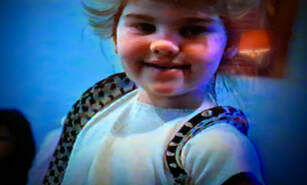
Because I was born between November 30 and December 17, my zodiac sign—if you are hell-bent on dividing all human personalities into thirteen equal groups based on incredibly arbitrary Western constellations—really and truly is Ophiuchus, that thirteenth constellation in our current sky. It is pronounced "Oh, few cuss."
Ancient Greeks saw Ophiuchus as Apollo wrestling Python outside Pythia's temple. Others associate Ophiuchus with the son of Apollo and Coronis—Asclepius—who became a healer: snakes have long been associated with healing, birth, and rebirth as they shed their skins and keep growing. Ophiuchus itself means "Serpent Bearer."
I am a fighter, I am a preacher, I am a healer, and I invite you to read my work, put down your horoscope, and take your fate in your own hands. Exhale vapors, harbor monsters, quake, erupt, fill and be filled.
Overflow with fire.
Ancient Greeks saw Ophiuchus as Apollo wrestling Python outside Pythia's temple. Others associate Ophiuchus with the son of Apollo and Coronis—Asclepius—who became a healer: snakes have long been associated with healing, birth, and rebirth as they shed their skins and keep growing. Ophiuchus itself means "Serpent Bearer."
I am a fighter, I am a preacher, I am a healer, and I invite you to read my work, put down your horoscope, and take your fate in your own hands. Exhale vapors, harbor monsters, quake, erupt, fill and be filled.
Overflow with fire.
News Archive
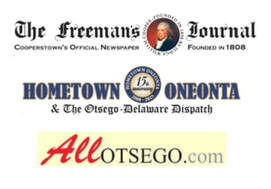
11/30/23 New monthly article in the Citizen Science column:
Desert Vigil: Patience and the Pulse of Cosmic-Ray Secrets
More about Amaterasu and the Telescope Array discovery at CNN:
Mysterious cosmic ray observed in Utah came from beyond our galaxy, scientists say
Desert Vigil: Patience and the Pulse of Cosmic-Ray Secrets
More about Amaterasu and the Telescope Array discovery at CNN:
Mysterious cosmic ray observed in Utah came from beyond our galaxy, scientists say
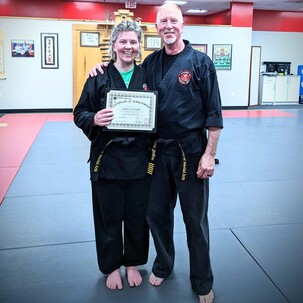
6/14/23 Successfully tested for a black belt in Jissen Kobudo Jinenkan in Maryland right before we left for Frankfurt. I miss my dojo already.
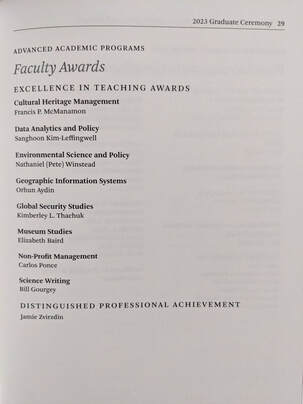
6/3/2023 Awarded the 2023 Distinguished Professional Achievement Award from Johns Hopkins University. It has been a good six years teaching science writing, and I will miss my graduate students dearly. I'm still going to teach writing privately, but my focus is on particle physics now. Also, JHU Advanced Academic Programs (AAP) needs to pay faculty better, e.g., adjust wages for inflation, provide benefits, and financially award teachers who deserve such awards. They should do more than the bare minimum, in other words. I support adjunct faculty unions! Stop taking advantage of the goodwill of your teachers.
https://www.linkedin.com/feed/update/urn:li:activity:7086700106502033408/
https://www.linkedin.com/feed/update/urn:li:activity:7086700106502033408/
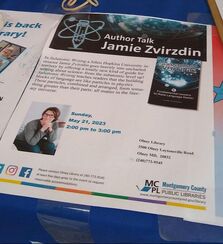
5/21/23 Author Talk at Olney Library
Learn how to write better than ChatGPT and ask questions about editing and publishing!
https://mcpl.libnet.info/event/8378401
Learn how to write better than ChatGPT and ask questions about editing and publishing!
https://mcpl.libnet.info/event/8378401
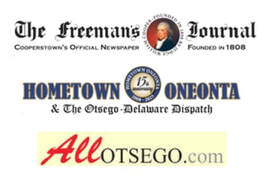
4/27/23 New newspaper article in the Citizen Science column:
AI Renaissance: A Chance to Reduce Cheating,
Revitalize the School Experience
AI Renaissance: A Chance to Reduce Cheating,
Revitalize the School Experience
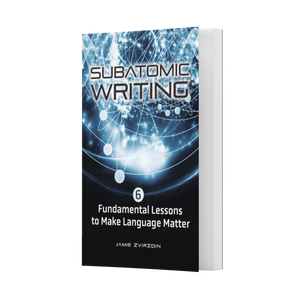
2/21/23 Happy Book Birthday to Subatomic Writing from JHU Press!
Science, science-writing, and writing professors and teachers:
Request a desk copy here.
Journalists and book reviewers: Request a review copy here.
Science, science-writing, and writing professors and teachers:
Request a desk copy here.
Journalists and book reviewers: Request a review copy here.
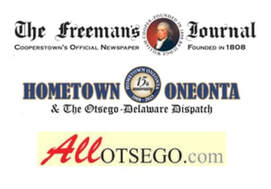
3/2/23 New newspaper article in the Citizen Science column:
False Alarms in Science and the Media: Examining Cause and Effect
False Alarms in Science and the Media: Examining Cause and Effect
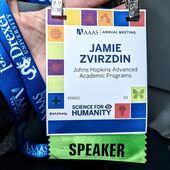
February and March 2023 PRESENTATIONS! See the list of upcoming/past Subatomic Writing presentations here: https://www.subatomicwriting.com/about.html
|
2/16/23 Science Sonnet + Creation Story now up at Microlit Almanac! I'm pleased this poem + prose flash-nonfiction piece found a great home.
www.birchbarkediting.com/microlit-almanac/dust-to-dust-zvirzdin |
|
1/25/23 First article of new newspaper science column published in The Freeman's Journal (newspaper), Hometown Oneonta (newspaper), and AllOtsego.com (online version), central New York. First article: "Introducing Citizen Science: Finding Intellectual Security":
www.allotsego.com/citizen-science-introduction-to-citizen-science-finding-intellectual-security/ (p. 8 of 1/26/23 newspapers) |
|
10/24/22 Announcing Subatomic Writing: Six Fundamental Lessons to Make Language Matter, published by Johns Hopkins University Press. Available for preorder now. See www.subatomicwriting.com for the new teaser trailer and blurbs!
|
|
May 2022 Another delightful round of Subatomic Writing concludes.
|
|
|
March 2022 Turned in manuscript draft of Subatomic Writing to Johns Hopkins University Press.
|
|
1/31/22 to 2/3/22 Attended a fantastic workshop at Bartol's Research Institute on machine learning for cosmic-ray air showers.
|
|
5/24/2021 Started teaching the new Funny Side of Science course! Here's the Welcome Video:
|
|
|
1/1/21 Published "The Complicated Truth of Climate Change
in the Marshall Islands" in The New Republic. |
|
9/26/19 Published the Enumeration in Orion Magazine's Autumn 2019 issue called "6 Ways to Calculate a Universe in Flux."
|
|
2/15/19 Science article "I Fell Under the Spell of NASA's Most Notorious Thief" is published in The Atlantic.
|
|
1/19 I start teaching a new course I created for the Science Writing grad program at JHU. It's called Subatomic Writing, an elective that "examines writing on the particle level: sound, syntax, punctuation, rhythm, and pacing."
I made a melodramatic movie trailer to introduce myself and the course to my students. |
|
|
9/4/18 Flash-nonfiction piece "Walking by Dogs on a Marshallese Morning" is published on Brevity Magazine's podcast, Episode #10: One-Minute Memoirs. Starts at minute 33.
|
|
|
6/10/18 to 6/15/18 Attended the Orion Environmental Writer's Workshop in Rhinebeck, New York.
|
|
4/26/18 My son and I were evacuated from Nicaragua to a safe haven in Utah. I finished teaching my astronomy students online, although it was not easy for them. (Image of Nicaraguan police shooting at their own people taken on May 29, 2018.) One student, Marco Novoa, described in an interview how he was tortured by the Ortega administration.
|
|
4/12/26 I gave former Sandinista commander Dora María Téllez a copy of my essay "On the Revolution of Revolutions: Nicaraguan Women After War," which turned out to be more prophetic than I liked. The essay is now available online on the CONSEQUENCE Magazine website.
|
|
3/16/18 Publication of essay "Makeup of a Monster" is now available in Creative Nonfiction #66: "Dangerous Creations." It explores how beauty cosmetics parallel Boris Karloff's cosmetics in the movie Frankenstein—and what I see happening in my beautiful home state of Utah, one of the top consumers of cosmetic surgery in the nation. www.creativenonfiction.org/issue/66
|
|
3/8/18 At AWP Conference in Tampa, Florida, on duty at the JHU Booth. More information about the MA in Science Writing Program can be found here. Great to see Bennington College friends and other familiar faces too.
|
|
2/13/18 "On the Revolution of Revolutions: Nicaraguan Women After War" published for CONSEQUENCE Magazine's 10th anniversary issue. http://www.consequencemagazine.org/volumes/volume-10-anniversary-issue-spring-2018/
|
|
|
|
10/13/17 Magazine event launch at the National Academies of Science, Engineering, and Medicine in Washington, D.C., to celebrate the publication of a collaborative Science & Religion issue. "Shuddering Before the Beautiful" essay won the $5,000 runner-up prize and can be found in both Creative Nonfiction Magazine and Issues in Science & Technology.
|
|
8/28/17 Started teaching the Prizewinners course at Johns Hopkins University. Find more information on the Science Writing Master's Program at JHU here. Will be teaching the Science-Medical Writing Workshop Spring 2018 semester.
|
|
5/8/17 Interviewed Comandante Dora María Téllez. Essay forthcoming in CONSEQUENCE Magazine.
|
|
10/24/16 "Landscape with Broken Fire Hydrant: An Interview with Jamie Zvirzdin" published by MFA Day Job.
|
|
9/6/16 "Observations of a Science Editor: If Romantic Scientists Pilfered Fiction's Toolbox, So Can You" published by The Kenyon Review as part of a special discussion on "The Poetics of Science." Responses to the essay from scientists, writers, and editors will be posted throughout September and October.
|
